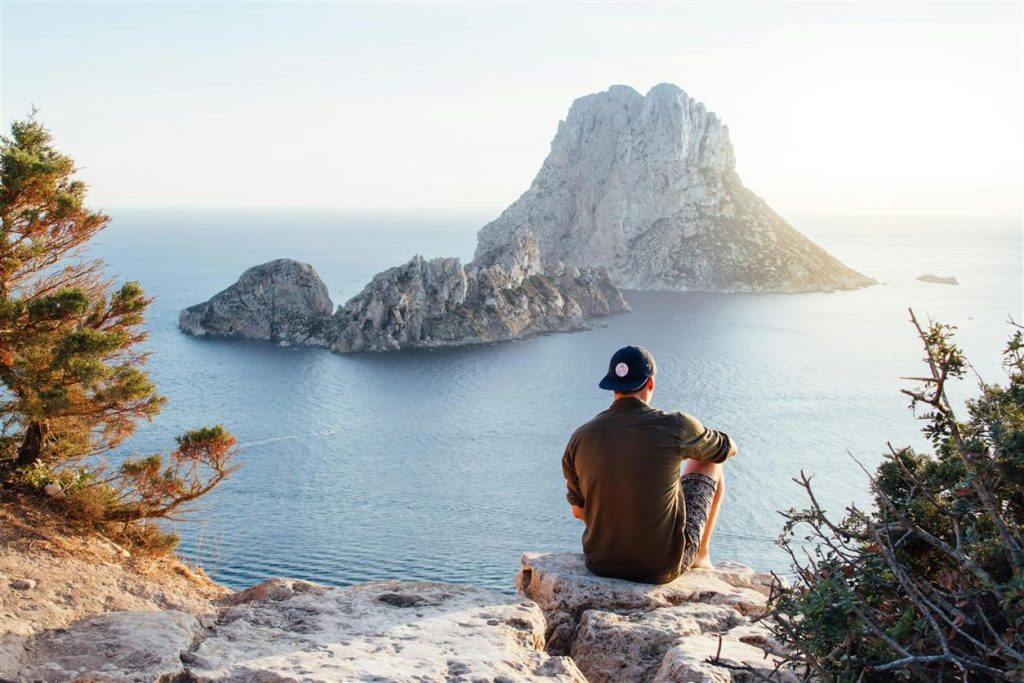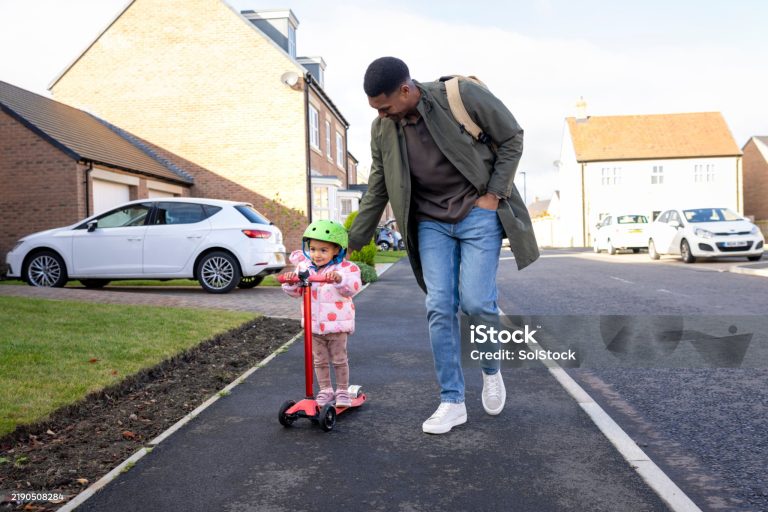
There’s something unmistakably personal about stepping out of your usual surroundings and finding yourself in an unfamiliar place. Travel doesn’t just offer a change in scenery — it quietly rewires how you see the world, and how you see yourself within it.
This isn’t about collecting passport stamps or chasing trends. It’s about what happens inside when you leave what’s familiar. When the food tastes different, the rhythm of the day changes, and your assumptions are gently — or not so gently — challenged.
More than just an experience, travel can be a mirror, a teacher, and sometimes even a quiet confrontation with who you really are.
Seeing Yourself Without the Usual Backdrop
Most of us build our sense of self in relation to our routines — our job titles, favorite coffee shops, the people we see every day, the language we speak. When those anchors are removed, even briefly, it creates space to re-evaluate who we are outside of the roles we play.
In a new environment, there’s no default version of “you” to perform. No assumptions to fulfill. You’re free to observe how you respond to stress, beauty, silence, connection, or disconnection — without the usual framework holding it all in place.
This doesn’t always feel comfortable, but it’s clarifying. You start to notice your habits. Your impulses. Your real interests, beyond the ones shaped by convenience or routine. That’s where identity starts to shift — not from reinvention, but from reconnection.

Learning That “Normal” Is Relative
One of the most humbling lessons travel teaches is that there is no single version of normal. What feels instinctive to you — whether it’s eating dinner at 6 p.m., standing in line politely, or wearing certain clothes to a meeting — might be completely foreign somewhere else.
And yet, in their context, those other ways of living make perfect sense.
This gentle unlearning of your own cultural assumptions is more than a curiosity — it’s a deep form of perspective. It trains you to question inherited beliefs and automatic judgments. It expands your capacity for empathy, and your tolerance for ambiguity.
You realize the world is made of layered truths, not just your own. And you carry that awareness home, often without realizing it.
Patience, Flexibility, and Problem Solving
If you’ve ever had a delayed train in Italy, lost your way in Tokyo, or tried to explain dietary restrictions in rural towns with no common language, you know that travel has a way of testing your patience.
It’s in these small inconveniences that we’re offered big lessons.
Do you panic or adapt? Blame or improvise? Shut down or laugh it off?
Travel stretches your capacity to let go — of rigid plans, of expectations, and of the illusion of control. And in doing so, it builds real-life problem-solving skills that no workshop or self-help book quite prepares you for.
You return home with a quieter ego and a sharper instinct for navigating the unexpected.
Intimacy With Impermanence
When you travel, everything feels more temporary — and paradoxically, more alive.
Conversations with strangers you’ll never see again. A sunset over buildings you can’t name. A meal you’ll never be able to recreate.
You start to pay attention differently. You don’t take things for granted. You realize how fleeting — and therefore precious — each experience really is.
This sensitivity to impermanence doesn’t go away when the trip ends. It stays with you. You might find yourself savoring small moments back home in ways you didn’t before. Taking deeper breaths. Being more present.
That’s not just nostalgia. That’s the emotional footprint travel can leave behind.
Questioning What You’ve Been Taught to Want
One unexpected result of travel is that it can challenge your ambitions. In some places, status symbols look completely different. Work-life balance is redefined. People might seem happier with less — or stressed with more.
You begin to ask quieter, more personal questions:
- Do I actually need this lifestyle I’ve been chasing?
- What does “success” look like to me — not to everyone else?
- Am I choosing this path because it fits me, or because it’s the one I was handed?
Travel doesn’t always provide answers, but it gives you new lenses. It gently pulls you out of autopilot and asks you to pay attention. Not just to the world — but to your own desires.
Deepening Gratitude and Humility
Travel shows you beauty and complexity, yes — but it also exposes you to hardship, inequality, and the resilience of people living with far fewer resources than you might be used to.
This exposure isn’t meant to inspire guilt. It’s meant to awaken perspective.
You might come home feeling more grateful for hot water, quiet streets, or access to healthcare. You might also feel a renewed desire to live more mindfully — to waste less, complain less, give more.
It’s not a change you announce with slogans or hashtags. It’s the kind that happens quietly, over time, in your choices and conversations.
The Stories You Tell — and How They Change You
Every trip becomes a story. And stories are powerful. They shape your memory, your relationships, and even your values.
Maybe you remember the stranger who helped you find your hostel in the rain. Or the café owner who shared his family’s soup recipe. Maybe you think about that long train ride where you saw countryside that reminded you of a childhood dream.
These aren’t just anecdotes — they become part of your internal narrative. They inform how you see people. How you connect. How you reflect.
And sometimes, these stories act as quiet reminders to live differently — even years later.

Coming Home With New Eyes
People often talk about the thrill of travel, but one of its most subtle gifts is how it changes your experience of home. You return to the same streets, the same friends, the same daily grind — but something feels different.
You see details you hadn’t noticed before.
You appreciate rhythms you once resented.
Or, in some cases, you realize certain parts of your life need to change.
Travel doesn’t always provide clarity on the road. Often, the insight arrives weeks later, over coffee with a friend or during a quiet walk through your neighborhood.
Suddenly, you realize: you’re not exactly who you were before.
And that’s the quiet power of it.
Final Thoughts: Travel as a Dialogue, Not an Escape
At its best, travel isn’t about running away — it’s about showing up. With open eyes, open ears, and a willingness to be changed.
It’s not about collecting places. It’s about absorbing perspectives. Letting go of the rigid parts of yourself, and making room for nuance. Curiosity. Growth.
You don’t need to travel far or often to experience this. Even a short trip — done with presence — can reshape something inside you.
Because in the end, the biggest journey isn’t the one measured in miles.
It’s the one that slowly transforms how you think, how you feel, and how you live.



